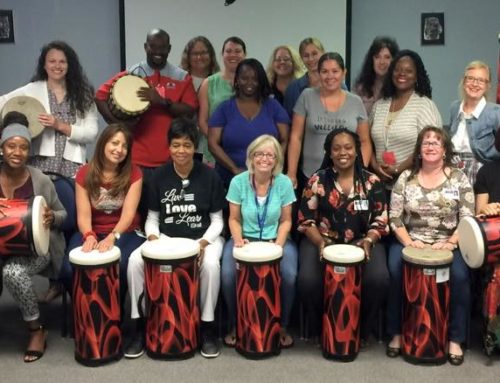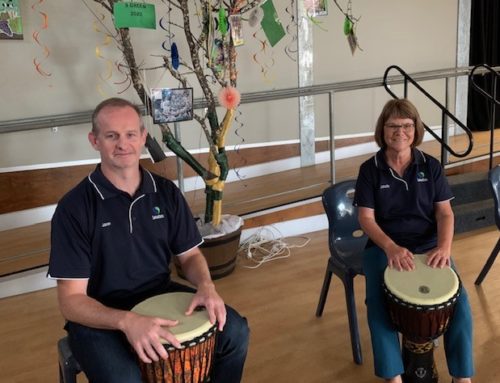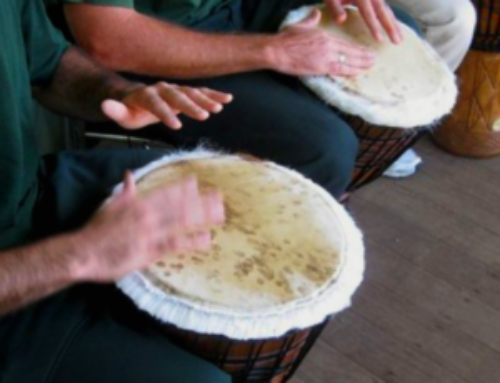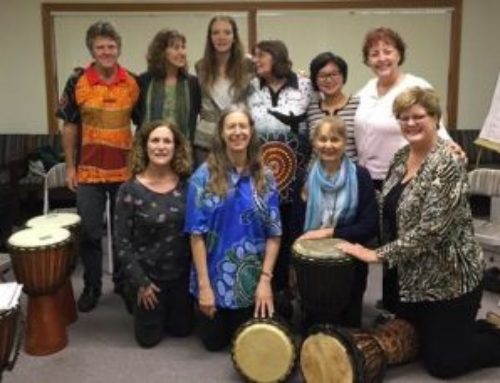Holyoake’s DRUMBEAT is more than just fun drumming; it is backed by a strong evidence-base that speaks to the impact of this award-winning program.
DRUMBEAT has been implemented in schools across Australia and more recently in North America, the United Kingdom, New Zealand, Canada and Anguilla. With our colleague, Associate Professor Lisa Wood, we recently completed a one year evaluation of DRUMBEAT in three Western Australian secondary schools.
This evaluation found that boys experienced 8% higher mental wellbeing and 19% lower post-traumatic stress symptoms after participating in the ten week program. Further, there was a 24% reduction in antisocial behaviour post-program. Some boys said that DRUMBEAT was life-changing for them. Many boys reported that the program enabled them to control their emotions better, be more respectful and improve relationships with peers, teachers and family.
These results were supported by teachers and support staff who reported that the participating students were more respectful and calm; these changes were noted to be lasting. There was also evidence that DRUMBEAT assisted in emotional regulation such as enabling the participants to control their anger better.
These results are both significant and highly encouraging. Schools are in a unique position to assist troubled youth and DRUMBEAT is ideal for the school environment. When schools combine programs such as DRUMBEAT with a supportive and trauma-informed culture, the future of these children can be shifted completely.
Youth mental health and suicide are urgent issues in Australia and internationally. Appropriately implemented and evaluated programs with proven effectiveness are essential. Evaluations not only examine the outcomes and associated benefits but also assist to ensure there are no unintended negative consequences of a program. This encouraging yearlong evaluation suggests that DRUMBEAT is an effective, targeted strategy which significantly improves the mental health and behaviour of disadvantaged adolescent boys.
Dr Karen Martin* and Ms Madeleine Ford, School of Population and Global Heath, The University of Western Australia
* Dr Martin was funded by a Healthway Research Fellowship. Click here to read @karenmartinuwa




